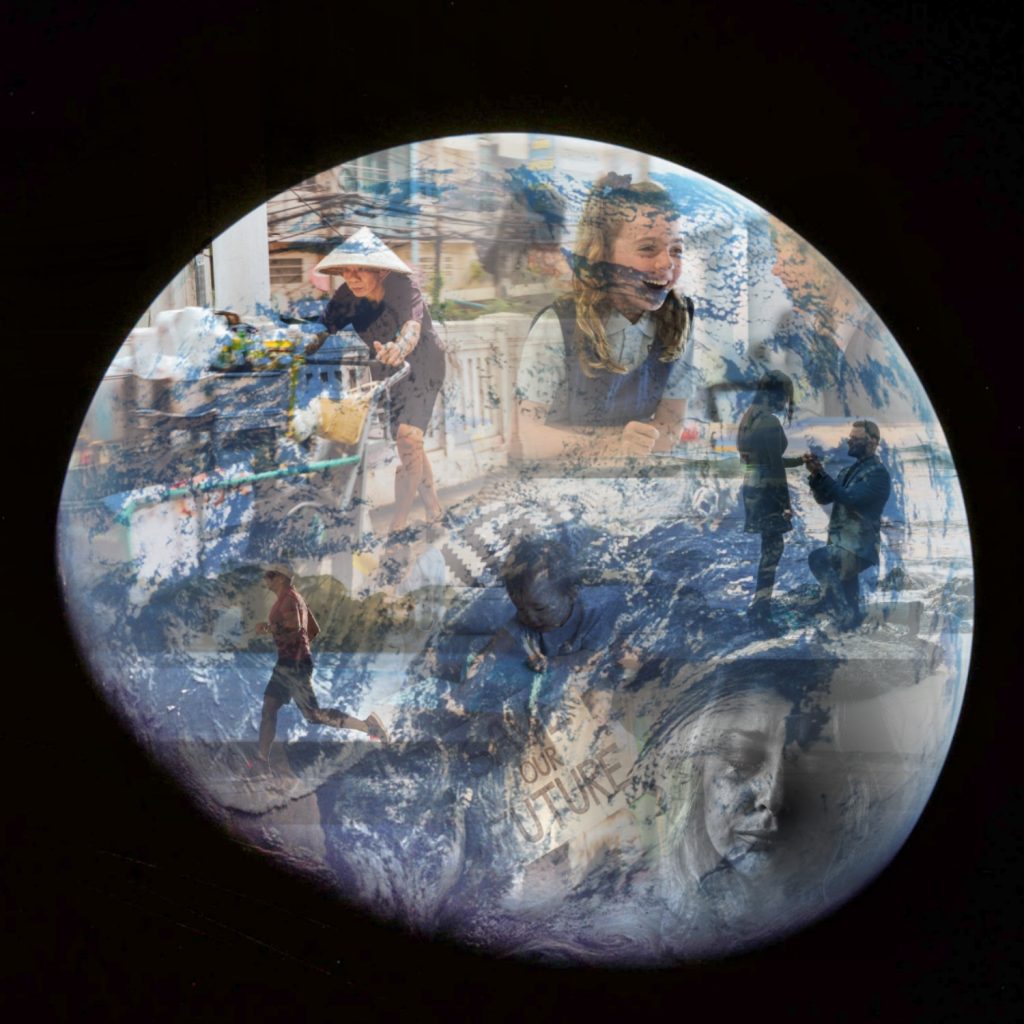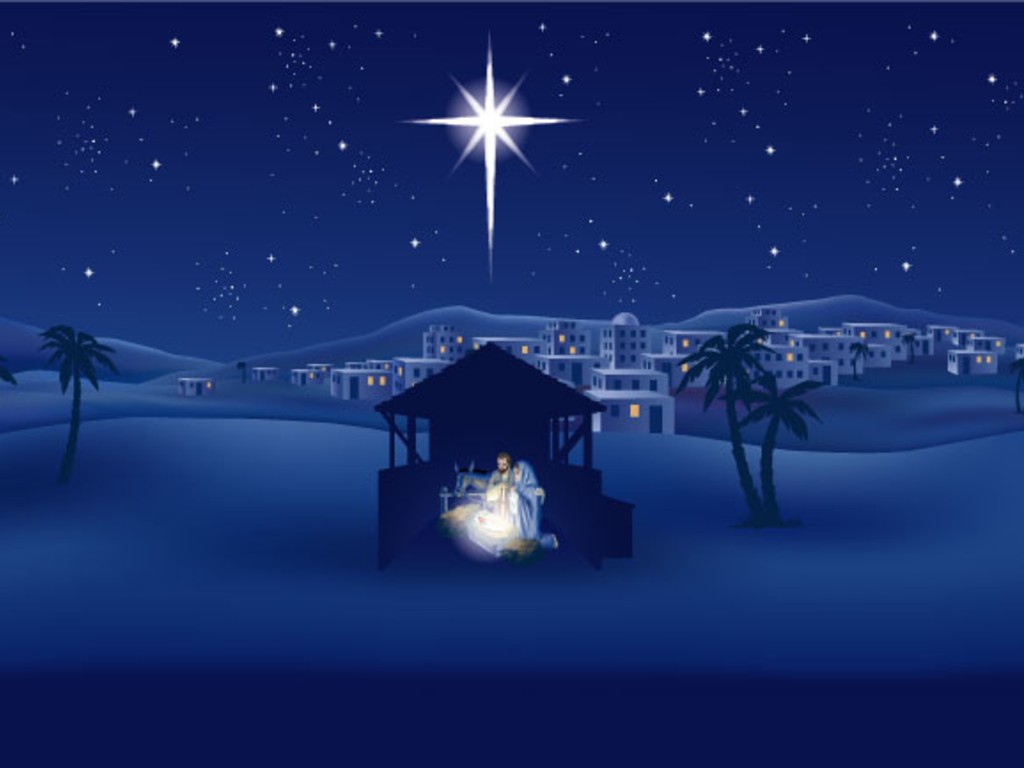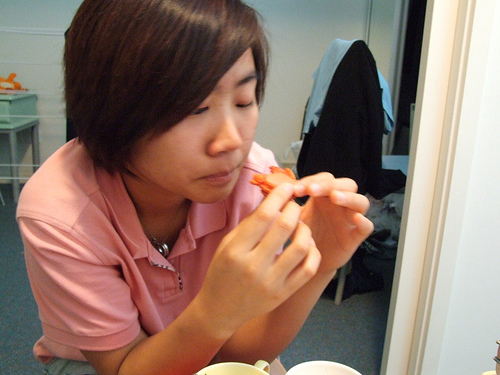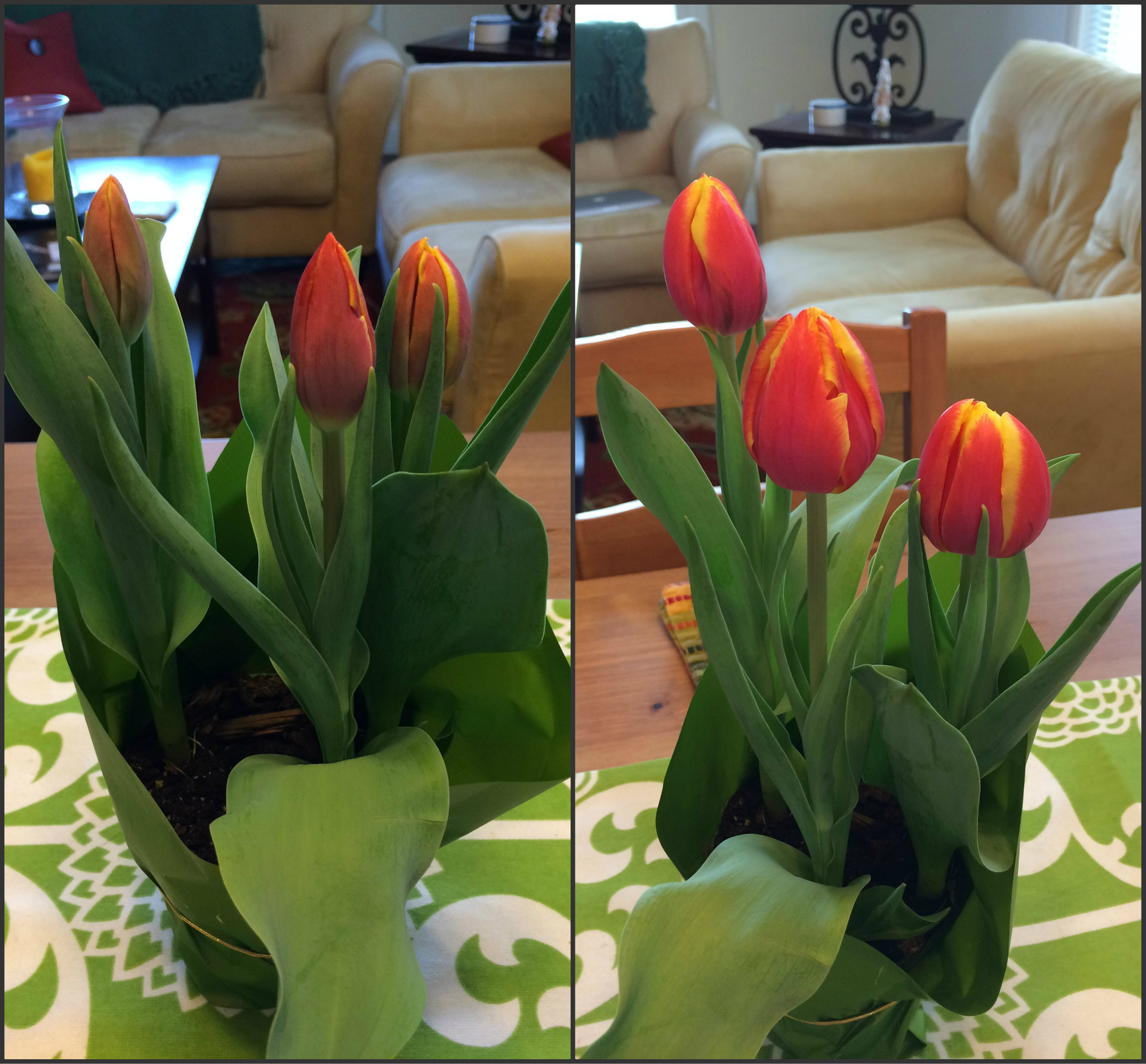 Advent is a reminder of God’s desire to be with humanity. During this season we are surrounded with the language of abiding, God coming to dwell with us, Emmanuel: God with us. St Ignatius, in his Meditation on the Incarnation, presents a picture of the Trinity gazing upon the world in all its chaos, joy and sorrow, love and violence. God is moved to enter into this world, to come real close… On Christmas we discover a God who enters our fragile and vulnerable world as a fragile and vulnerable baby. There’s not a lot of might nor much pomp and circumstance. It’s a quiet entry.
Advent is a reminder of God’s desire to be with humanity. During this season we are surrounded with the language of abiding, God coming to dwell with us, Emmanuel: God with us. St Ignatius, in his Meditation on the Incarnation, presents a picture of the Trinity gazing upon the world in all its chaos, joy and sorrow, love and violence. God is moved to enter into this world, to come real close… On Christmas we discover a God who enters our fragile and vulnerable world as a fragile and vulnerable baby. There’s not a lot of might nor much pomp and circumstance. It’s a quiet entry.
Growing up, holy people always reminded me that Easter, not Christmas, was the “holiest” day of the year. Most of us are taught that Jesus’ passion and resurrection are the pivotal events of Christianity, that proved God’s saving love. And we’re taught that the incarnation happened because of Original Sin, that Christ came to clean up the mess Adam and Eve created. But there is another narrative in our tradition that places the incarnation as the pivotal salvific event. It says that God would have come to dwell with us as Jesus, regardless of Original Sin, because that’s just who God is. God loves humanity so deeply that God would have come, anyway. The incarnation becomes the primary way we experience God’s love and salvation (union with God and all creation). I love that in our Christian tradition there are multiple ways of understanding the same thing.
In Ignatius’ meditation we see that God’s choice to dwell with humanity is not a choice of “clean up” but a choice of compassion and love. God does not wait to enter our lives only when there’s a mess. And so with Christ’s arrival comes a Light that shines upon all the good and the bad. The light reveals any mess and blindness, and the light becomes an invitation for transformation. But the loving presence of God is not predicated on our sin. The love of God is indiscriminate and unconditional. And Jesus’ killing was the consequence of such an indiscriminate love. The world may never quite be ready to welcome such a love, whether it comes as a powerful king or a vulnerable baby, but that does not stop it. The flow of God’s love never ceases. Ignatius images it like an endless fountain, continually pouring out love upon humanity, whether or not our hearts are open to it. But the invitation is always there.
Related posts:
Listen to the podcast version of this post…









Hi Andy, loved this article! The alternative narrative is one that is part of God’s unconditional love, and one that we all should practice! Merry Christmas!